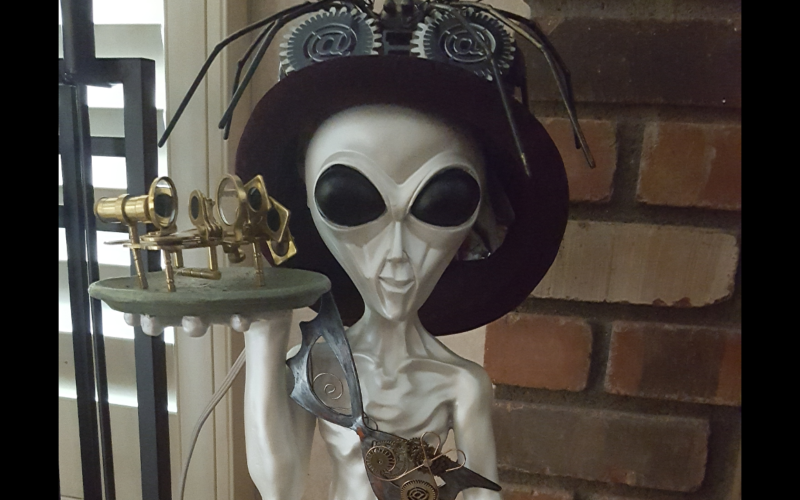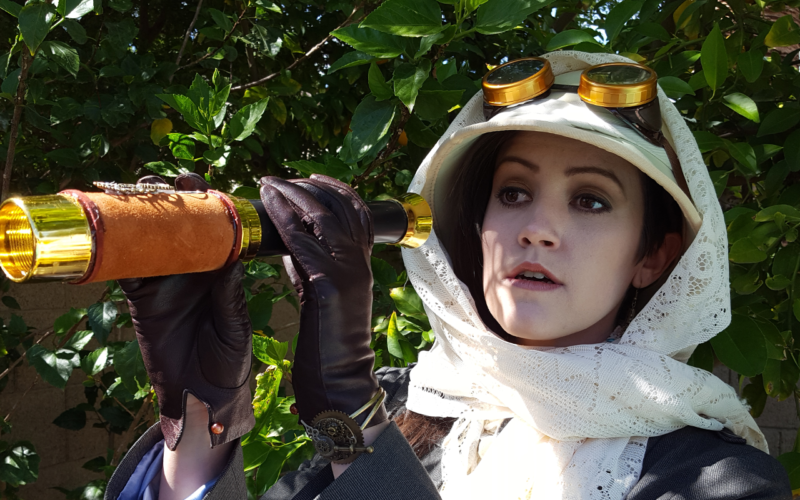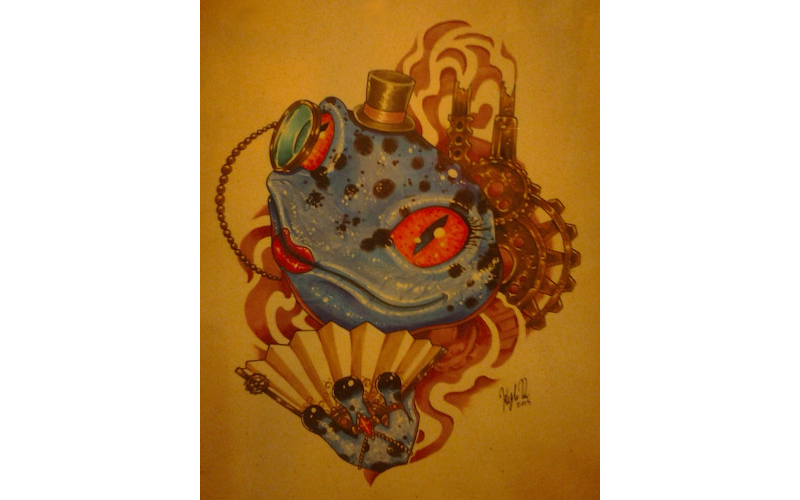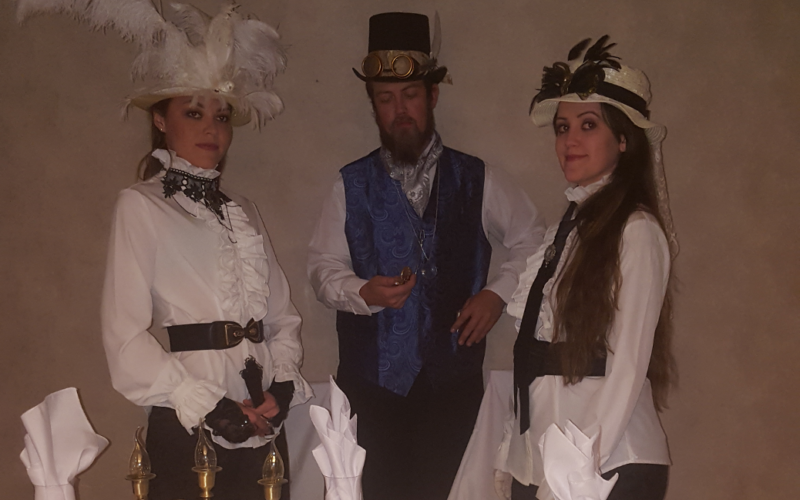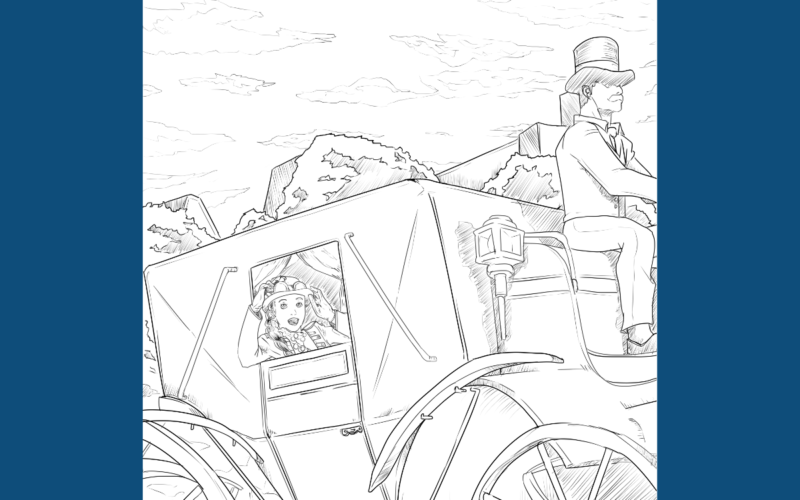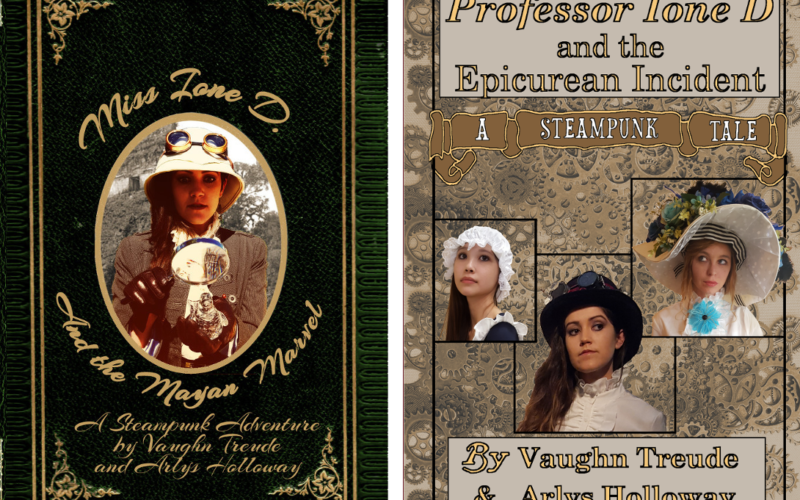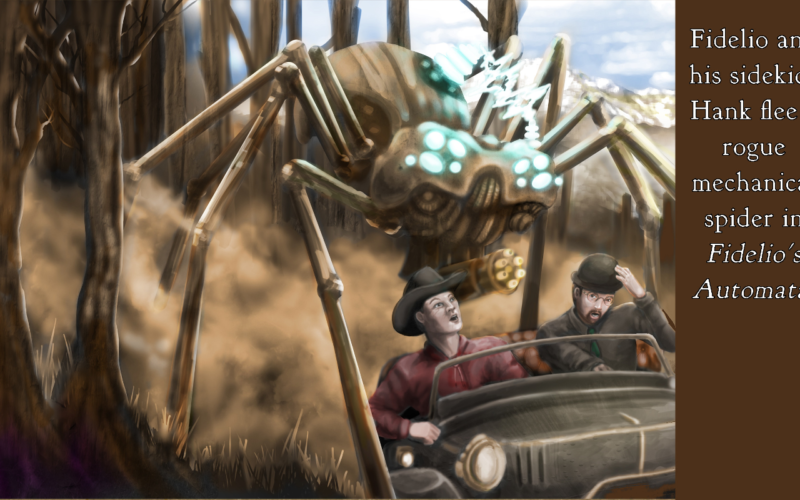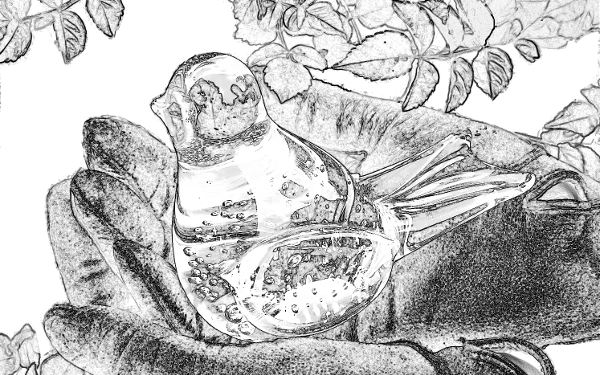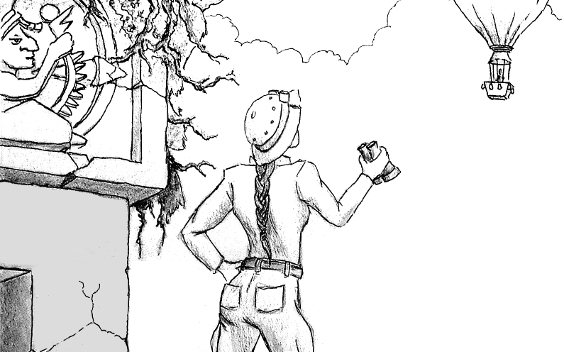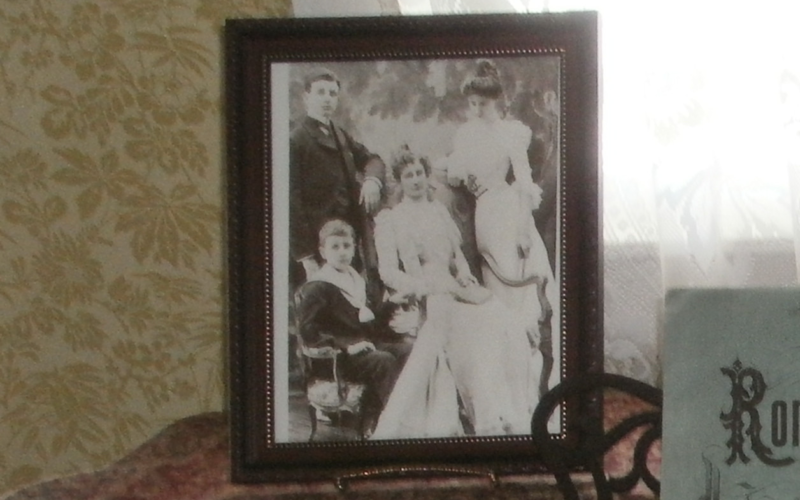
In science fiction, I have my specific interests, such as steampunk and alternate history. I didn’t pay attention to annual awards until the “Sad Puppies” controversy* concerning the politicization of the Hugos arose in 2013. I heard about Scalzi due to his feud with right-wing sci-fi/fantasy author Vox Day regarding this movement. I’ve read several of Day’s works and promised myself that I’d also read some of Scalzi’s as well. I recently got Scalzi’s Hugo-nominated novel Old Man’s War (published in 2005 by Tor Books) in audiobook form.
Old Man’s War has one of the most engaging opening lines I’ve seen in a while. “On my 75th birthday, I went to visit my wife’s grave and then I joined the Army.” After that really strong start, it coasts for a while as we catch up with protagonist John Perry’s situation. Around the fifth chapter, the action begins to pick up.
The book has an interesting premise which is reminiscent of Robert Heinlein. In the far future where the Colonial Defense Forces (CDF) protect human colonies in far-flung star systems. Earthers can join up, but not until their 75th birthday, at which time they’re given a top-secret rejuvenation treatment and bound to 10 years of military service. They’re then declared legally dead on Earth and banned from ever returning. Since communication with the colonies is quite limited it’s a mystery to potential recruits, but the promise of renewed youth is a powerful incentive to enlist.
As I said, the story takes a while to get going. The first part is moderately engaging, though I found myself getting impatient for the action to start. Scalzi is good at description and brings forth some interesting technological ideas. My biggest issue was with his snarky attempts at humor, most of which fell flat for me. Not to be too harsh on him; I realize that humor’s a personal thing. I know from experience that comedy is challenging to write.
When John and his newly young compatriots enter basic training, the story becomes more interesting, starting with a drill sergeant who acknowledges he’s a stereotype and acts accordingly. The recruits’ new bodies are quasi-clones of the originals with major improvements in strength and endurance. John discovers that the survival rate for these soldiers is abysmal, because the alien enemies the humans face are, for the most part, ruthless and unpredictable. He sees his comrades perish one by one as they face one bizarre alien race after another. Here Scalzi’s humor actually made me laugh now and then, particularly in the scene where the humans battle a Liliputian enemy by stepping on their soldiers.
This next bit may be a bit of a spoiler: Well into the story we discover that when a recruit dies before enlistment, the CDF does not discard their premade clone. Instead, they gave these unused clones synthetic personalities and use them for special operations. John suspects that his wife Kathy (who had pledged to enlist before her untimely death) may live on as another person. It’s a nice idea, but John’s romantic obsessions make the tone a bit too sentimental from there on out.
Because of the Day-Scalzi feud, I want to comment on the book’s politics. Scalzi was one of many writers who denounced Donald Trump and those of us who voted for him. Day, a Trump supporter, mocked Scalzi as a Social-Justice soy-boy type. In my view, Scalzi is a moderate who succumbed to social pressure to join in on the “Orange Man Bad” hysteria. The tone of Old Man’s War is pro-military, despite the protagonist’s reservations about the appropriate use of military power. I’d also like to note that in the CDF, combat troops are dominated by men, a realistic aspect I strongly support. No doubt the Current Year’s climate of rabid feminism would demand there be 50% females in the trenches.
To sum up, Old Man’s War is an interesting military sci-fi novel with a great premise and uneven pacing. It suffers from frequent attempts at humor, few of which were to my taste. However, it is quite engaging if you make it to Chapter Five. I give the book a rating of 3.5 out of 5 gears.
* Note: Wikipedia article’s on the Sad Puppies campaign is quite biased, calling it an anti-diversity campaign. Not true; the Puppies were never opposed to authors of color and the group included women. It was actually a pro-diversity campaign opposing the systemic bias against conservative and libertarian authors.

